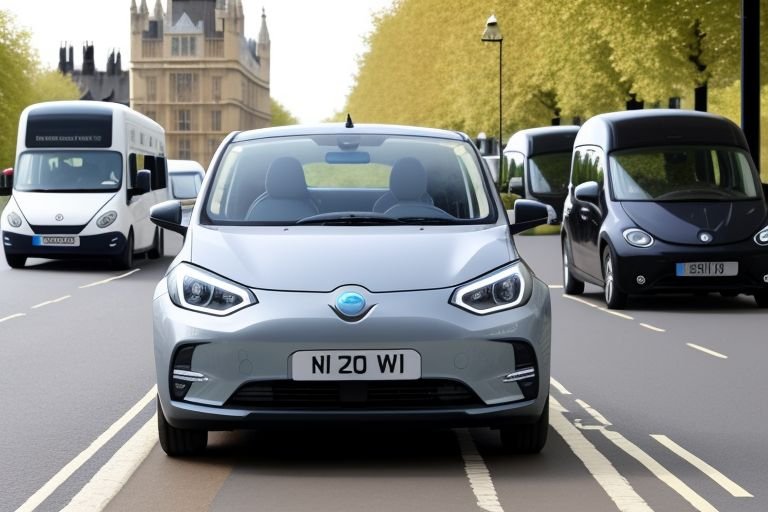
Electric Vehicle Sales Drop In London Raises Concerns About Government Support
The latest information warning of a slump in electric vehicle (EV) ownership in London has triggered an angry response from car industries and the government. The reversal of fortune for EVs arrives at a sensitive moment when the UK hopes to achieve its climate change goals and aims to transition to electric cars that do not pollute the environment from 2030.
From the recent data by SMMT, total new registrations of car in London have recorded a slight rise but the share of these EVs in such sales is lower that what was recorded at this time last year. This tendency raises concerns among vehicle manufacturers and environmental organizations, which state that the enhanced state incentive is necessary to boost the transition to electric vehicles.
Many car industry leaders have been highly critical of the pace of government action what they deem insufficient government encouragement of EV usage. Some of the reasons they cite is that while promoting electric cars, the initial costs of the vehicles remain high, customers also do not wish to pay high prices mainly due to doubts over the charging infrastructure and future government support for subsidies.
One of the most significant concerns that have been raised by leaders within the industry is the question of what many have described as a lack of sufficient and credible charging infrastructure both across London and throughout the rest of the United Kingdom. However, despite the growth of charging points in the capital over the last year, many prospective customers are still cautious because of “range anxiety,” the motorist’s nightmare of running low on power on a journey. They say that the scattering of charging stations discriminates some parts of the country with access to many charging stations while others have limited access.
The government, on the other hand, has come out to defend its strategies on what it considers a worthy cause as is the adoption of the EV technology. Charging infrastructure investments and incentives are identified to consist major investments in home charging grants, vehicle excise duty relief on electric cars, and other related incentives schemes. However, the opponents stated that such measures have not developed as a fast pace as the market of EVs and the need for sustainable transportation.
Another area of concern is the current change in the plug-in car grant, which has diminished the EV’s accessibility to many customers. Many industry players said that these kinds of financial incentives must either be preserved or enhanced due to the fact that the m-Health technology is not yet totally popularized among the populace.
Conflicts regarding the sales of new EVs in London are emblematic of the challenges that the UK has to overcome on the road to the electric future. Since the UK’s largest city and an essential market for new vehicles, London’s EV tendencies demonstrate how the nation approaches the realization of zero emission goals.
Consumer and environmental organisations have also argued for even stronger action as the car makers. They claim that without significant acceleration in the rate of EV usage, emissions reductions and air quality improvements cannot be achieved globally or locally in densely-populated metropolitan environments such as the United Kingdom’s capital of London. The following are now lobbying for any or all of the following measures Plan for more public chargers Offer more attractive subsidies to owners of EVs Tighten the emission standards on traditional vehicles.
Whereas, the government supports the EV transition for mobility, it highlights that the transition should be a balance where economic conditions are also in mind while the transition should be fair to all sectors of a society. Government policymakers have stated other current activities and future policy updates to be targeted at the hurdles to electric vehicles.
The controversy nevertheless remains centred on London’s EV market and the chances of spreading to the rest of the contaminated. The next few months will be important for knowing whether the current sales blip is a blip or a reflection of other challenges that lie ahead for the EV industry. Thus, both industries and policy-makers pay much attention to the consecration of these obstacles to join efforts to sustain progress in the transition towards the sustainable transport paradigm.
The result of this will not only affect London’s air quality and carbon emulsion but also the place of the UK in the market for electric vehicles. With other nations now looking at how to escalate their transition to electric vehicles, the focus has shifted to London and the rest of the UK to seek practical approaches towards the utilization of EVs and their charging stations.


